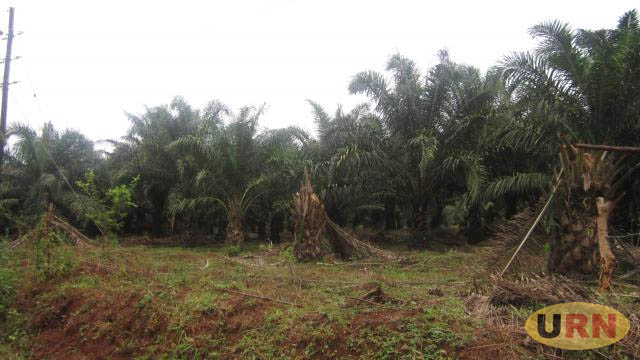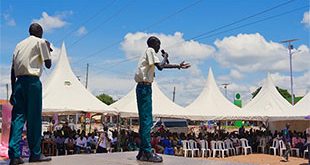
Kalangala, Uganda | THE INDEPENDENT | The latest restrictions on grazing livestock in oil palm plantations have stirred a sharp controversy in Kalangala district between the security committee and pastoralists.
They are accusing the district security committee of frustrating their alternative sources of livelihood by enforcing a total ban on animal grazing in the area.
Joseph Mukiibi, one of the herdsmen in Bujumba sub-county, argues that restrictions violate the principle of coexistence, which is expected to be maintained between the oil palm investors and the residents.
He challenges the district security committee to engage the Ministry of Agriculture to relax the instructions, which, he says, suffocates the cattle keepers who also contribute to the area’s economy.
In November, the Minister of State for Agriculture, Animal Industry and Fisheries, Bright Rwamirama, instructed the Kalangala Resident District Commissioner to stop the grazing of cattle in plantations of the Oil Palm Uganda Limited-OPUL the main cultivators and producers of Oil palm in the area.
In his letter, Rwamirama indicates that the Ministry had received complaints from the company directors about the influx of cattle ferried into Kalangala from the mainland districts, which grazed in their oil palm plantations, occasioning losses to the company.
Besides being destructive to newly grown oil palm plants, the company also complained that wandering cattle are also spreading various diseases into the plantations hence affecting their growth and productivity.
“Grazing should only be on open grassland and farm controlled environment. I have instructed the Commissioner of Animal Health to investigate the origin of those animals and how they access the island with a view of prosecuting the owners and stopping the practice,” the letter reads in part.
Rwamirama also instructed the district security team to liaise with the Regional Police Commander to enforce the removal of all animals already within the plantations of OPUL and cause prosecution of the owners on charges of trespass and bleach of procedures for livestock movement.
Agnes Namulindwa, a resident of Mugoye parish, is irritated by the instructions, arguing that they suppress the local community, which had opted to diversify its sources of income by introducing cattle rearing.
According to her, unlike other mainland districts, the conditions in Kalangal enable continuous growth of animal pastures, which lured some residents to venture into livestock.
Namulindwa has challenged the Ministry of Agriculture to encourage OPUL to consider fencing off their plantations rather than enforcing a total ban on livestock grazing in the area.
“The apparent situation doesn’t favour the establishment of cattle ranches because the biggest percentage of the land on the main Island has been grown with oil palms. Let the young plantations be fenced off to restrict access by animals,” she observes.
But Henry Lubulwa, the Assistant Resident District Commissioner for Kalangala observes that the ban is well thought about in the best interest of oil palm growers.
He indicates that they are going to guide the various categories of herdsmen on the available options to avoid prosecution.
****
URN
 The Independent Uganda: You get the Truth we Pay the Price
The Independent Uganda: You get the Truth we Pay the Price



